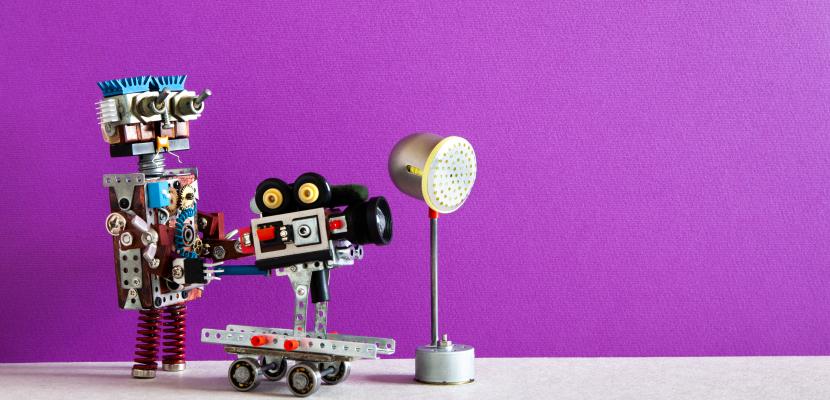
by Dr James Birt, Associate Professor of Film, Screen and Creative Media at Bond University
Everyone is talking about ChatGPT. Even ChatGPT is talking about ChatGPT (it helped me to edit this article).
We saw how hot Artificial Intelligence is right now when Alphabet, the parent company of Google, lost US$100 billion in market value when its new AI system flunked a question about a space telescope.
Both ChatGPT, which is being integrated into Microsoft products, and Google’s Bard are text-based AI.
We already have photo-based AI, with one image fooling judges to win an Australian photography competition recently.
High-quality video AI must surely follow which, combined with advanced virtual reality technology, could revolutionise filmmaking.
Video-based AI already exists and is used in facial recognition technology. AI was also used to create the stunning immersive scenes in the blockbuster Avatar: the Way of Water.
It’s the next frontier in this revolution that’s truly exciting – and scary.
Eventually, AI may move beyond the confines of the film production process to create movies in real time.
The viewer – more an active participant – will wear a VR suit that allows them to not just see and hear the action but touch, feel and smell it too.
The equipment will monitor heart rate, eye movement and skin temperature and from these cues - and your viewing history - the AI “director” will constantly adjust the storyline to keep you engaged.
Depending on your preference, the experience will terrify, relax or excite you.
The AI Scorseses and Tarantinos will have limitless material to draw on thanks to synthetic data. Again, this is not new.
Synthetic data is being used to train autonomous vehicles because it is not possible to collect real-world data on every possible driving scenario.
We don’t have the file on the kangaroo that jumps in front of us just as the sun rises in drizzling rain on a dirt road in eastern Tasmania – but it could be one of millions of scenarios synthetically generated by a simulation engine.
Using this synthetic data, AI will have almost limitless options to enhance and manipulate our emotions.
What happens to the mind when it is bombarded by multiple sensory inputs and the real-time creation of new adventures and experiences in which people become willingly lost and prefer to their real lives?
And who owns the copyright to such a film? The company that developed the technology, or you, who ultimately guided its creation, unwittingly or not?
Perhaps we are approaching the day when a film written and directed by a human, and starring real people, will be a bit like an artisanal cheese -- valued not just for its taste but for the fact real blood, sweat and tears went into its production.
I’ll leave the final word to ChatGPT which I asked to critique this article: “The potential of using AI to create real-time movies with immersive experiences is mind-boggling, but it begs the question: are we ready for it?”

